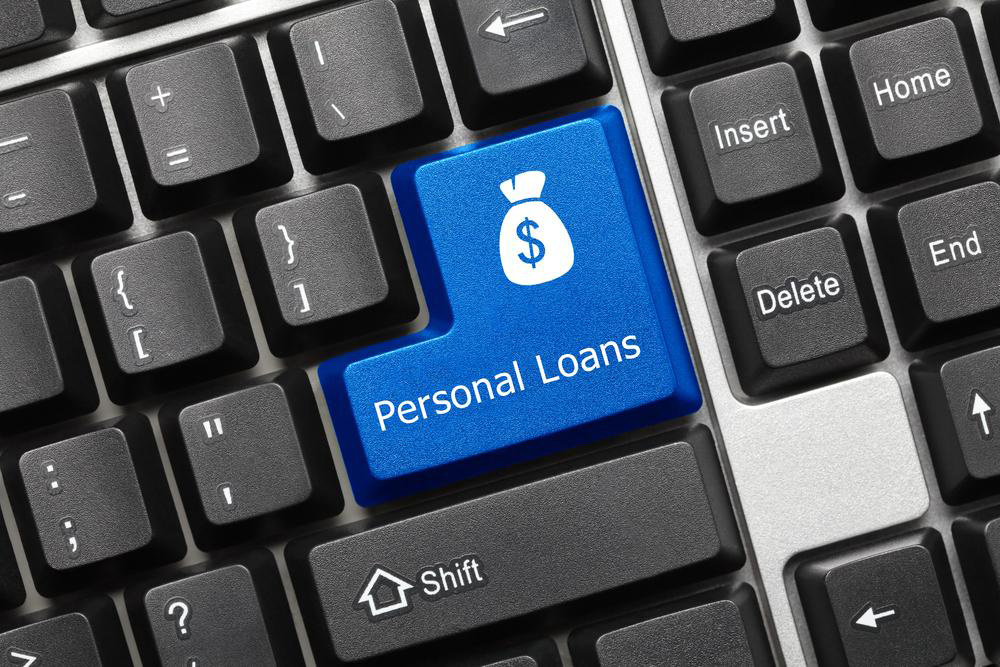In-Depth Guide to Personal Loans: How They Work and When to Use Them
This comprehensive guide explores personal loans in detail, covering their purpose, benefits, application process, and key considerations. Learn how to choose the right loan, understand costs, and use them effectively to meet personal financial needs. Perfect for individuals seeking quick, flexible funding solutions with responsible borrowing strategies.

Comprehensive Explanation of Personal Loans
Personal loans are a popular financial tool that many individuals turn to when facing significant expenses or financial emergencies. Their increased accessibility and flexibility make them an essential resource for those seeking quick funds without the hassle of collateral requirements. These loans are generally unsecured, meaning you don't need to pledge assets like property or vehicles to qualify. With advances in digital banking and online lending platforms, obtaining a personal loan today is faster and more convenient than ever—often providing funds within 48 hours after approval. Whether you’re consolidating debt, funding a major purchase, or covering unforeseen expenses, understanding how personal loans work is vital to making informed financial decisions.
Defining a Personal Loan
A personal loan is a type of uncollateralized credit offered by banks, credit unions, and non-bank financial institutions. Unlike secured loans such as mortgages or auto loans, personal loans do not require an asset as collateral. Instead, lenders evaluate your creditworthiness based on various factors like your credit history, employment background, income level, and overall repayment capacity. Approved borrowers receive a lump sum of money upfront, which must then be paid back in installments over a specified period, under agreed-upon terms. This flexibility in purpose and use makes personal loans versatile financial instruments suitable for numerous needs.
Since personal loans are considered consumer loans, they are often utilized to address urgent or significant financial requirements, especially when other sources are unavailable or unsuitable.
When is a Personal Loan the Right Choice?
Deciding to apply for a personal loan depends on your specific financial goals and circumstances. For example, if you're considering purchasing a car, an auto loan tailored for vehicle financing might be more appropriate. For buying a house, a mortgage is the standard route. Education expenses are often best met through student loans designed for that purpose. However, personal loans offer unmatched flexibility—allowing borrowers to use the funds for nearly any legitimate reason, provided the purpose aligns with responsible financial behavior and legal guidelines. While some lenders may ask about your purpose, many do not impose restrictions on how the money is used.
Because they are unsecured, personal loans tend to carry higher interest rates compared to secured loans. Nonetheless, secured personal loans are available, where assets such as property, savings, or vehicles serve as collateral, enabling borrowers to access lower interest rates. Here are some typical scenarios where personal loans can be highly beneficial:
Debt Management and Consolidation: Combining multiple high-interest credit card balances into a single loan simplifies repayment processes and reduces overall interest expenses. This strategy can ease financial stress and help improve your credit profile.
Refinancing Existing Loans: Personal loans may offer lower interest rates than current student, auto, or other loans. Refinancing with a personal loan can reduce your monthly payments and total interest paid. However, it's important to consider potential trade-offs, such as loss of certain tax benefits or longer loan terms.
Substantial Purchases or Expenses: Large expenses, from home repairs to medical bills, can be financed more affordably through personal loans rather than relying solely on credit cards with high interest rates. This makes managing significant payments more feasible.
Wedding Financing: Many couples choose personal loans to cover wedding costs, especially when they want to avoid high credit card interest or when funds are needed quickly. A well-structured loan can spread the cost over a manageable repayment schedule.
Credit Building: Responsibly taking out and repaying personal loans can positively impact your credit profile. It can diversify your credit mix, reduce credit utilization, and contribute to higher credit scores—beneficial for future borrowing.
Ultimately, selecting a personal loan involves evaluating your financial situation, understanding repayment obligations, and choosing terms that align with your income and goals. Working with trusted financial advisors or loan specialists can help you navigate the options effectively and ensure you select the most suitable product for your needs.
Key Questions to Discuss with Your Lender
Which type of personal loan best matches my needs?
Multiple loan options cater to different purposes—be it travel, emergencies, home improvements, or personal emergencies. Clarify which type is suitable for your specific situation.
What is the full cost of the loan?
The Annual Percentage Rate (APR) is a critical figure, encompassing interest rates and any associated fees. Typically, APR ranges from 11% to 22%, and understanding this helps you estimate monthly payments and total repayment amount.
Are there any additional fees or charges?
Be aware of processing fees, which can range from 0.5% to 2% of the loan amount, and potential charges like late fees, prepayment penalties, or legal fees. Clarify all costs upfront.
How long will it take for the funds to be disbursed?
Most loans are credited within 3-5 business days after approval. If funds are needed urgently, confirm this timeline beforehand.
What documents do I need to provide?
Common requirements include:
Completed loan application form
Proof of identity (passport, driver’s license, government ID)
Proof of residence (utility bills, rental agreement)
Income verification (pay stubs, tax returns, bank statements)
Understanding these aspects can streamline your loan application process and help you make informed decisions that best suit your financial health and future goals.





